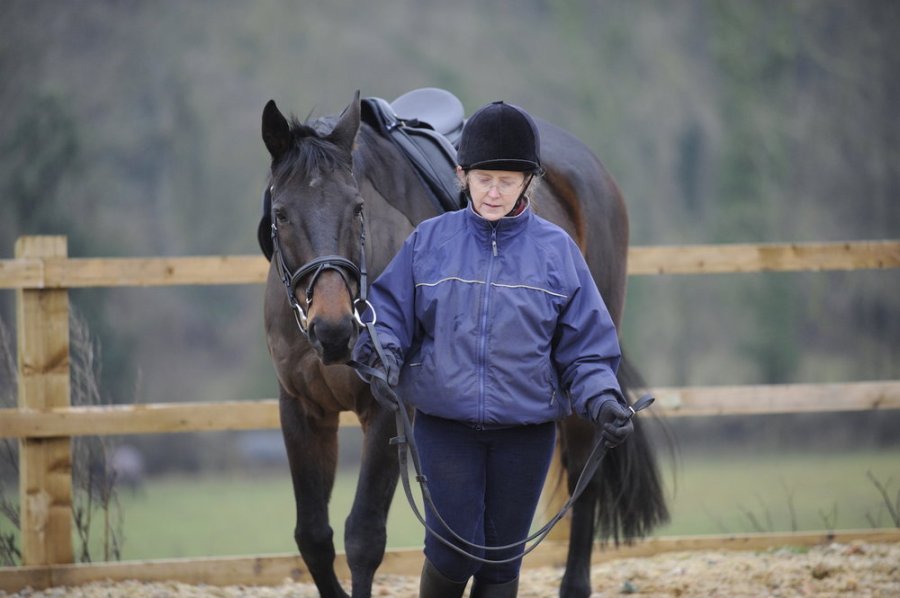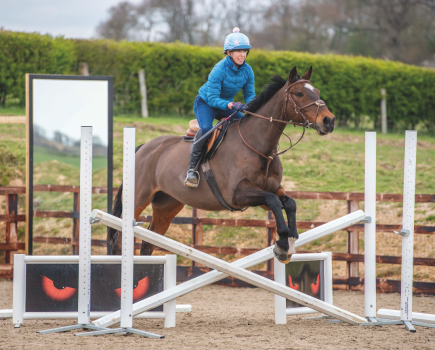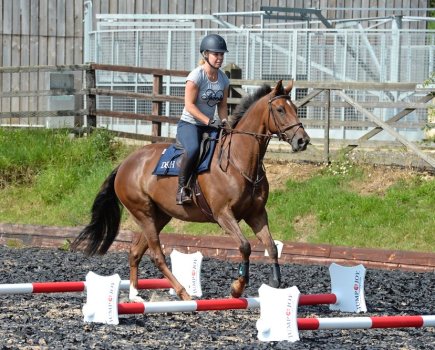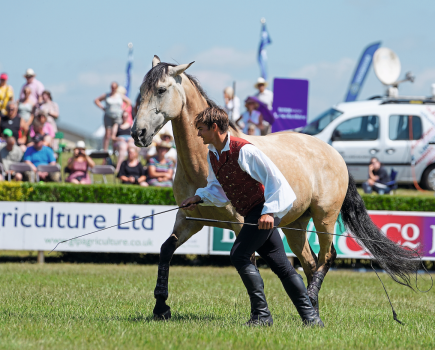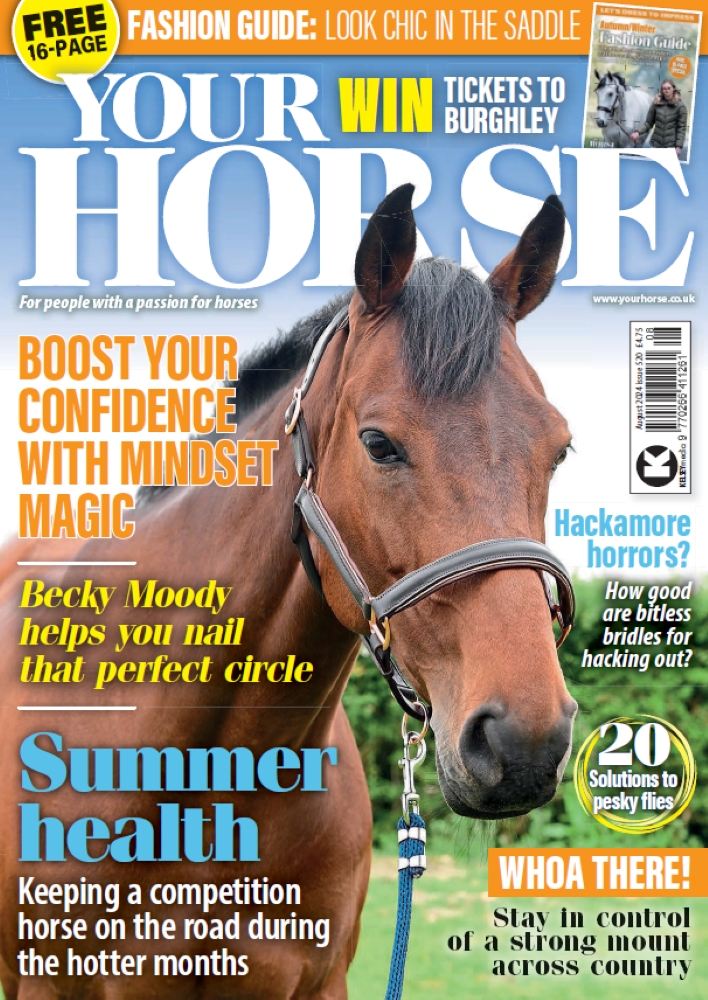The majority of women will have their final menstrual period between the ages of 45 and 55, and it’s not an easy experience. But are there are any risks to riding during this time?
“The advice is not to stop riding just because of the menopause. You will find doctors who recommend not to ride as they see some terrible accidents in A&E, but that is something of a personal decision to make based on risk,” points out junior doctor Alice Palmer. “Some women may find that they are uncomfortable riding due to menopause symptoms. This is typical for those who suffer from urinary and vaginal symptoms, as riding can cause some discomfort.
“There are treatment options for this such as oestrogen creams. I would encourage anyone who finds themselves more uncomfortable when riding, which might be chafing in the saddle or other discomfort around the vulva, to speak to their GP.”
Most people who ride horses accept there is a level of risk, and this is something to be aware of for women going through the menopause. Not necessarily because changes to your body (such as bone density) may leave you more vulnerable to injury in the event of a fall, but because long hours in the saddle can cause discomfort.
But don’t be disillusioned — just look around the equestrian community to see how many women continue riding, regularly, and loving every second!
Staying active counts
Keeping active is something medical professionals recommend, although it is something that can be tricky when going through menopause.
Riding — and exercise in general — is good not only mentally but also physically when going through the menopause because it can help offset the effects of the change in oestrogen levels.
“The drop in oestrogen associated with the menopause leads to a decrease in bone density over time,” adds Dr Alice. “Most exercise is good at helping to prevent some of this loss, with low impact exercise being particularly good. Hacking generally tends to be fairly low impact, falling nicely into that category.”
Weight bearing — rising in the stirrups while trotting and standing in the stirrups while cantering in a light seat, for example — is all thought to help counteract the changes to your bone density.
Remember that there are numerous women of menopausal age and above excelling in disciplines that would be considered high impact — endurance and eventing, for example, and beyond equestrianism running and climbing. They are proof that while the menopause means a change to your body, it isn’t the end of enjoying the sport that you love doing.
Struggling with mood swings
Changes to mood and temperament is something that is usual for menopausal women, explains Dr Alice.
“Mood changes are common and can come in the form of anxiety, depression, irritability or problems concentrating and processing information,” she explains. “Trouble sleeping is the most common problem reported. This is due to hormone levels dropping and causing the thermoregulatory centre of the brain to struggle to remain balanced.”
Doctor’s orders
Dr Alice shares four ways in which hacking is thought to help women going through the menopause:
1. Positive impact on wellbeing…
For some women, being close to horses and caring for another creature is therapeutic — even if on a frosty January morning at 6am we might think otherwise!
2. Exercise can help prevent the decrease in bone density…
The drop in oestrogen associated with the menopause leads to a decrease in bone density over time. Most exercise is good at helping to prevent some of this loss.
3. Exercise decreases oestrogen levels in a regulated way…
There is emerging evidence that shows exercise in general decreases the levels of oestrogen and other sex hormones in the blood, which may help to regulate the decrease in oestrogen, rather than the unpredictable highs and lows triggered by the menopause which cause so many side-effects. The theory is that if you regulate the symptoms, they are less severe. Anecdotally, we believe that exercise can help with menopausal symptoms, but the evidence for this is tracking behind a little.
4. Doing something you love keeps you motivated…
It is important that the exercise a woman does is something they enjoy, otherwise they’ll lose motivation to stick to it.
Check out our Christmas subscription offer – the perfect gift for a horse lover!

